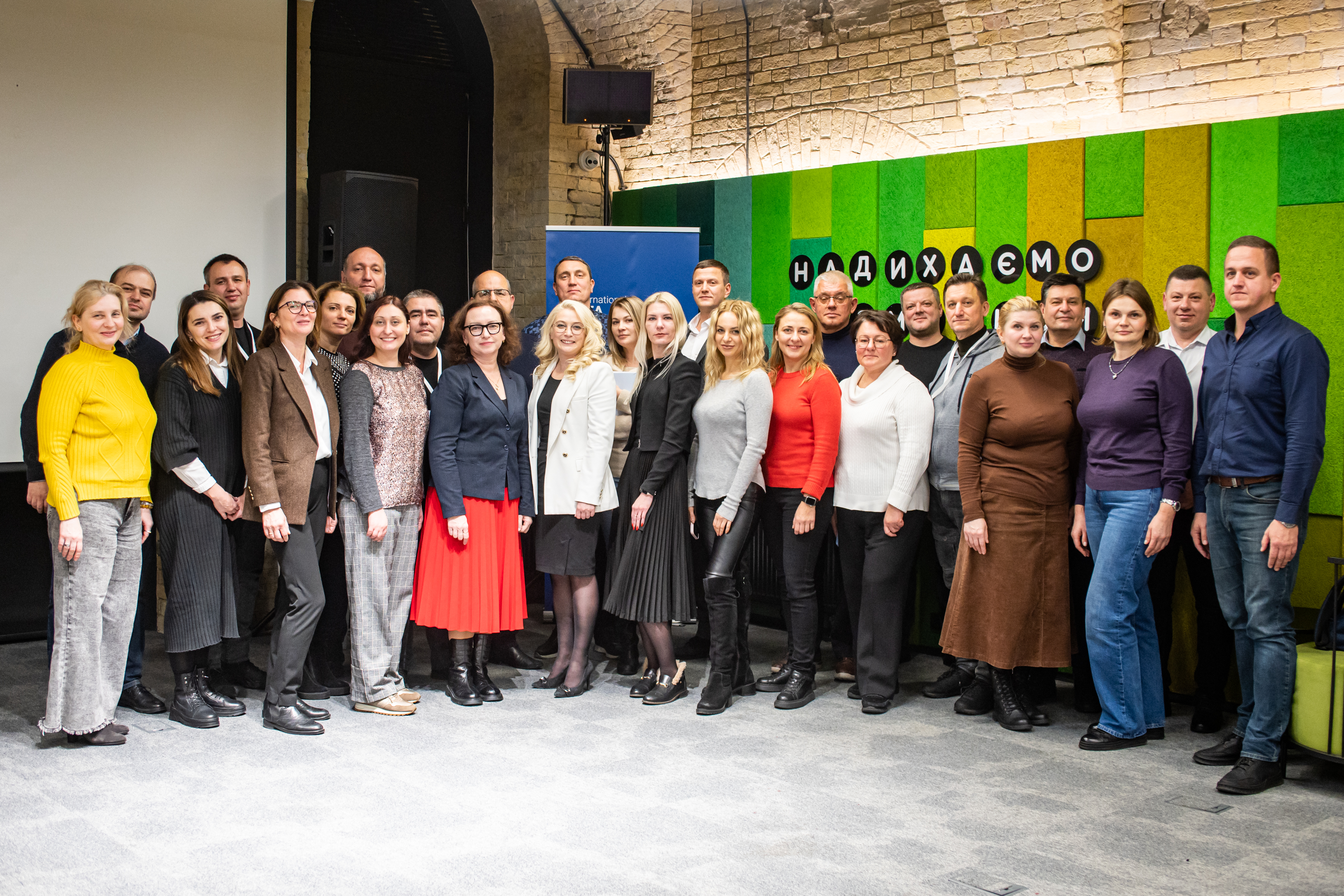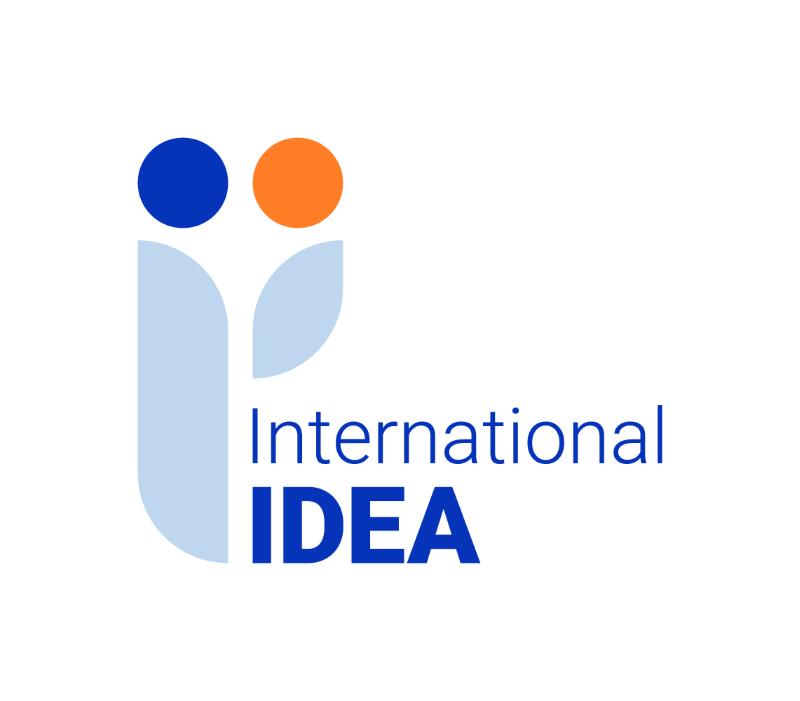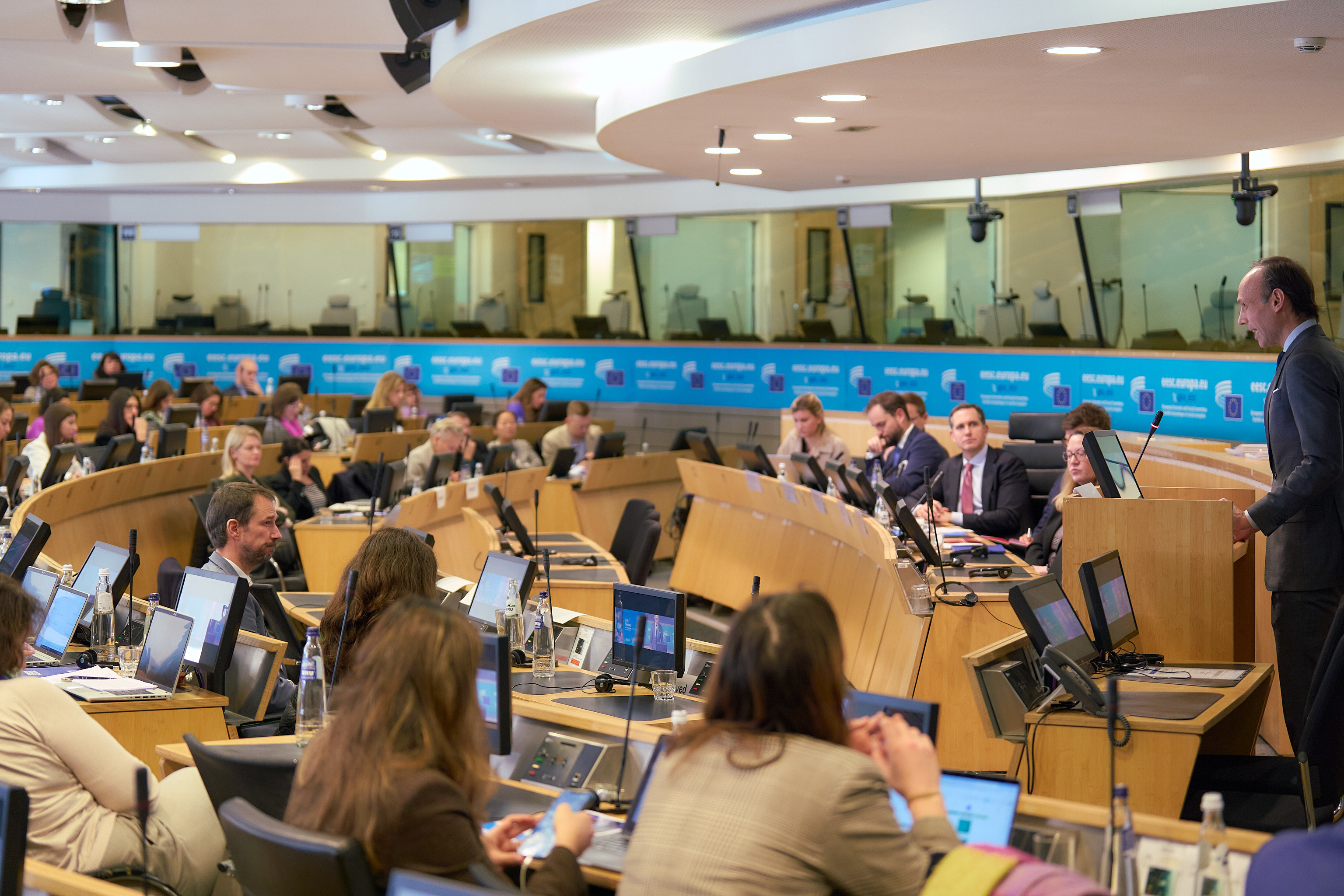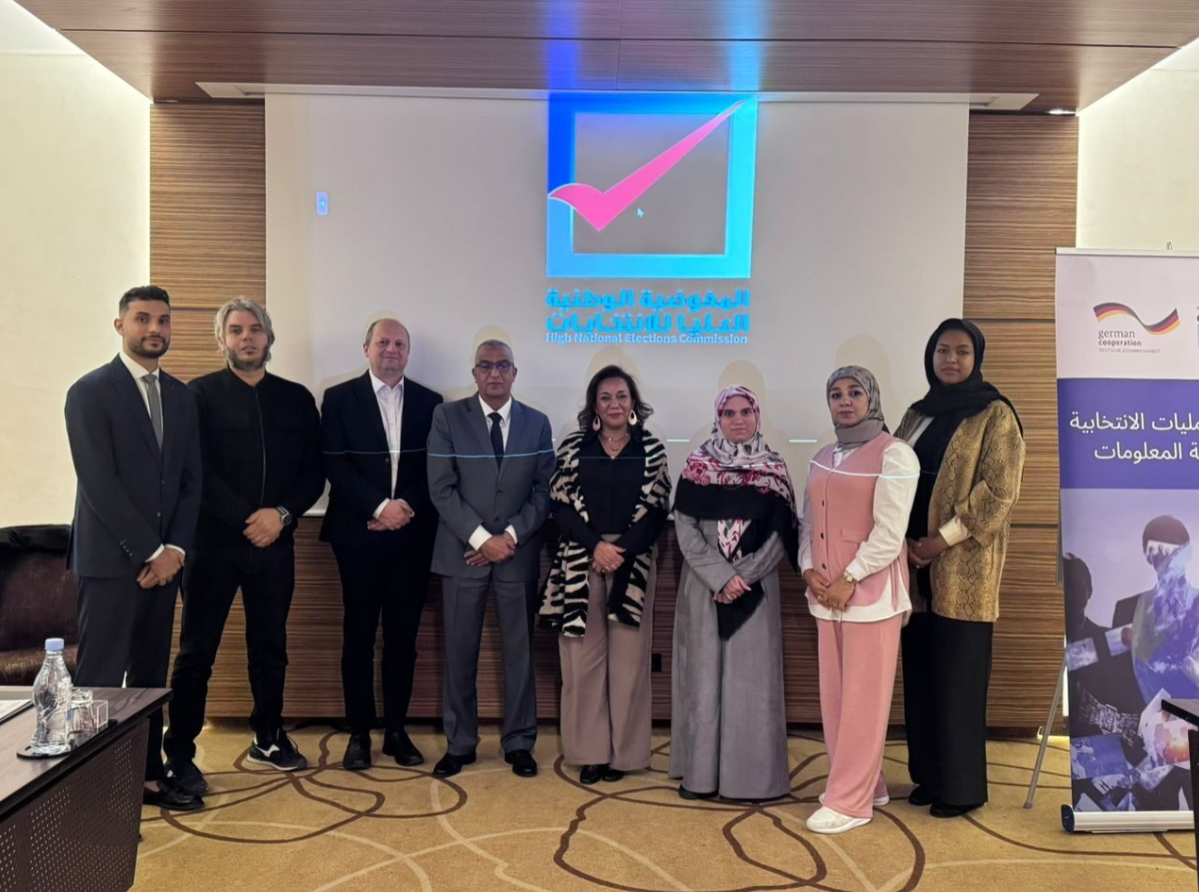Election primaries have the capacity to improve the quality of democracy by engaging citizens and political party members more in the political process of candidate selection. On 23 – 24 January, International IDEA, UNDP and the Central Electoral Board (JCE) of the Dominican Republic convened a seminar in Santo Domingo on Election Primaries in Latin America and the Dominican Republic: experiences, balance, and perspectives.
The seminar examined the regulations needed for political party internal electoral processes (and how much these are adhered to); and considered the advantages and disadvantages of political parties holding election primaries. Participants analyzed the implications of election primaries (in terms of cost, legitimacy and results achieved), as well as the observable impact on political activism, citizen participation, and the authority of leaders.
One of the other issues touched on was the relationship between electoral conflicts and operation of electoral management and justice.
Rodrigo Borja, former President of Ecuador, provided an overview at the start of the seminar on the role of political parties in democracy, and the political dimensions of election primaries.

The Dominican Republic Electoral Board
Working sessions looked in more detail at different models, including South America’s Open Simultaneous Mandatory or Non-mandatory Election Primaries which have been implemented in Argentina, Uruguay, and Chile. One of the working sessions looked at open or closed, simultaneous or non-simultaneous, and non-mandatory election primaries in more detail, with examples from Colombia, México, and Honduras.
The last working session addressed experiences in the Dominican Republic, with a discussion on options for institutional reform. The President of the JCE, Roberto Rosario, commented that “the progress made thus far in the area of electoral reform was on track to see the implementation of clear and modern laws regulating the activities of political parties in the first quarter of this year.”
In closing the event, Daniel Zovatto, International IDEA’s Regional Director for Latin America and the Caribbean, emphasized that the Dominican Republic has chosen to have a democracy of parties, and that Article 216 of the Dominican Political Constitution mandates internal transparency and democracy, which must certainly be implemented in some form.



